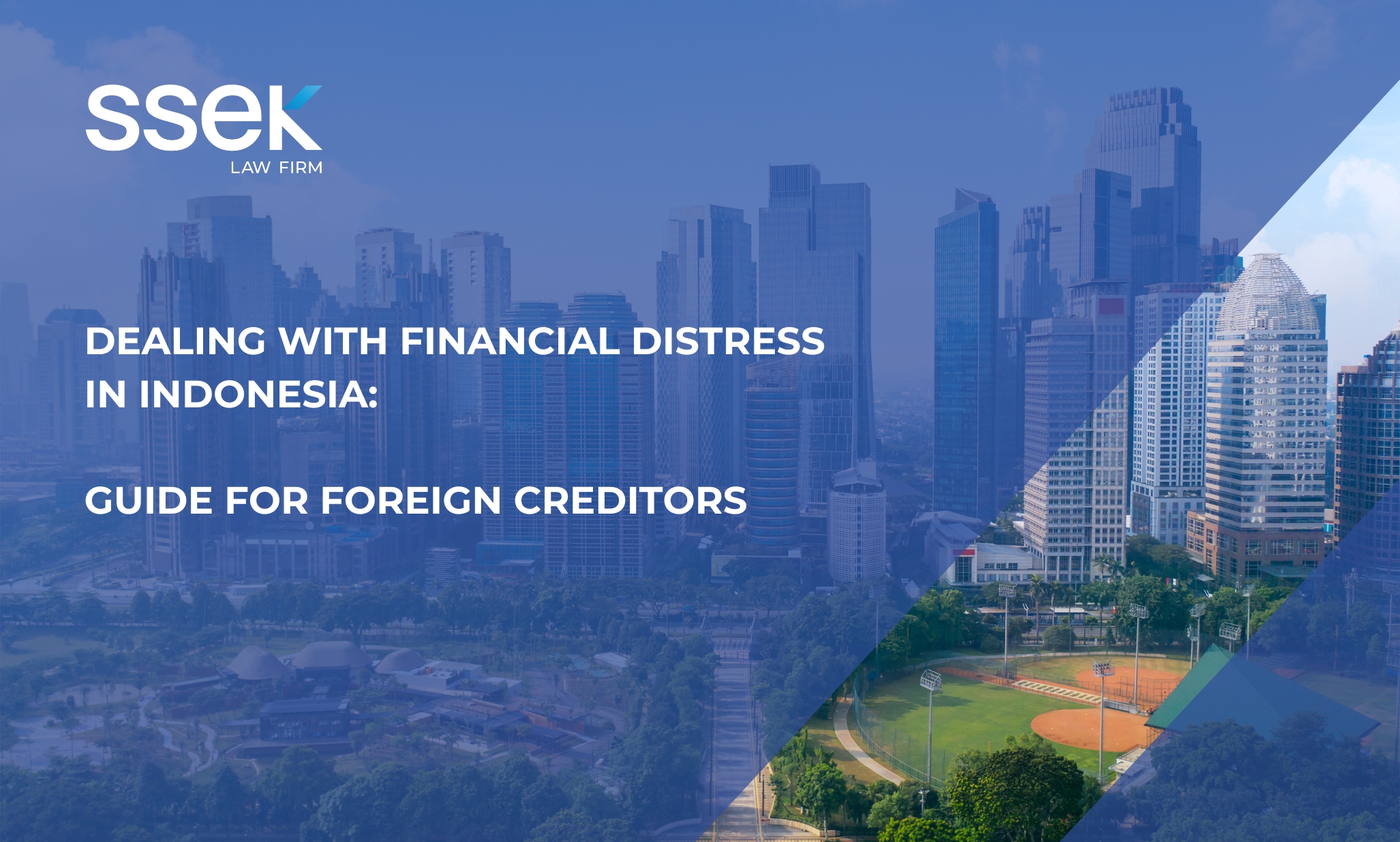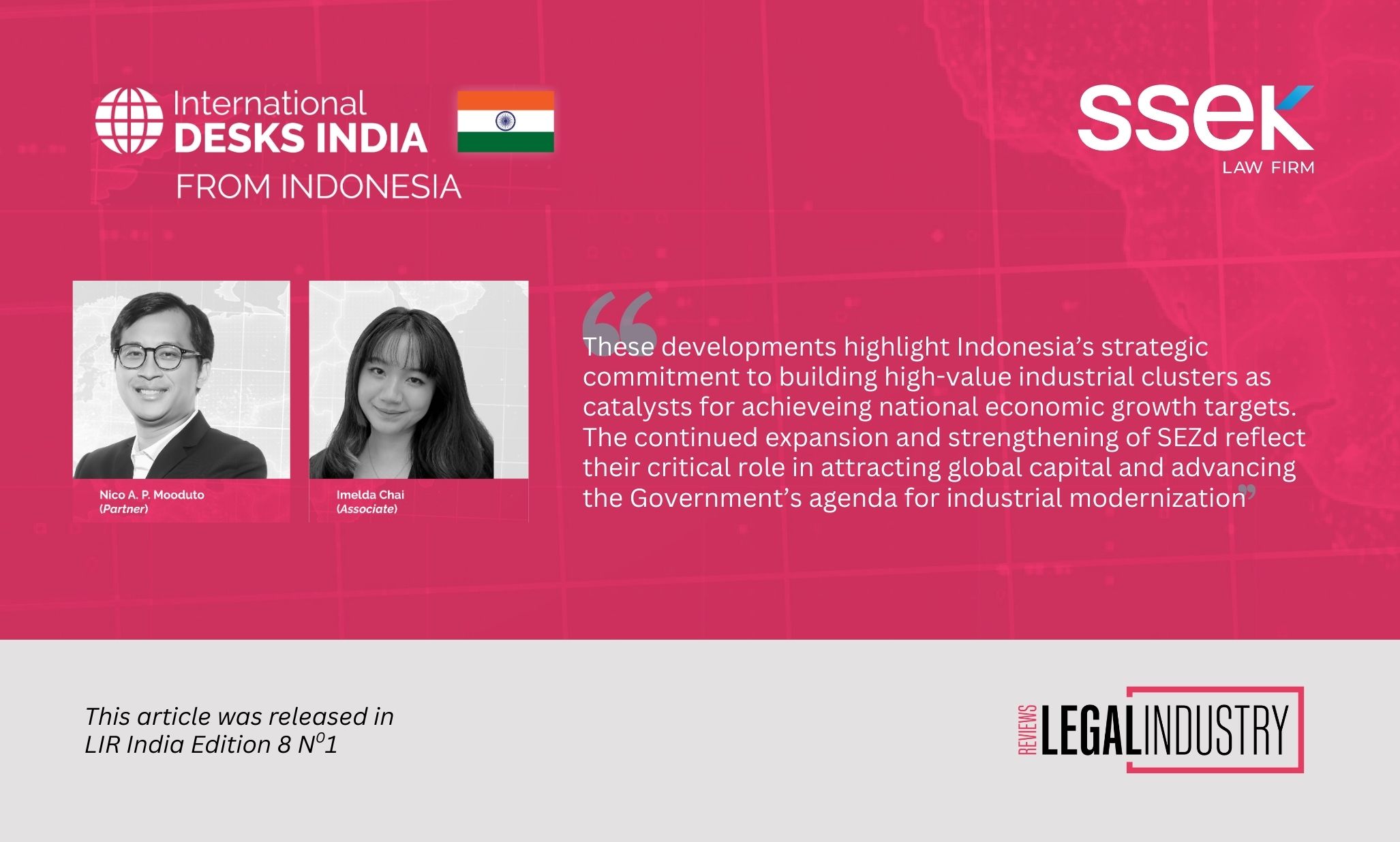

Indonesia is set to tax tech companies that may or may not have a legal presence in the country, as electronic transactions and the use of streaming services and online telecom apps have increased notably during the COVID-19 pandemic.
The legal basis for this measure is the recently enacted emergency bill Government Regulation in Lieu of Law No. 1 of 2020 regarding State Financial Policy and Financial System Stability for the Management of the Coronavirus or COVID-19 Pandemic and/or in Facing Threats to the National Economy and/or Financial System Stability ("GR 1/2020").
Collection of VAT
Article 6 of GR 1/2020 states that the government will collect value-added tax ("VAT") for intangible taxable goods and/or taxable services from outside Indonesia which are utilized in the country through electronic system trade activities, in accordance with Law No. 8 of 1983 regarding Value-Added Tax for Goods and Services and Sales Tax on Luxury Goods, as lastly amended by Law No. 42 of 2009. This VAT will be collected, deposited and reported by foreign traders, foreign service providers, foreign electronic trading system providers and/or domestic electronic trading system providers appointed by the Minister of Finance. These parties can appoint representatives domiciled in Indonesia to collect, deposit and report the VAT.
Procedures for the appointment of representatives and for the collection, deposit and reporting of the VAT are further regulated under Minister of Finance Regulation No. 48/PMK.03/2020 regarding Procedures for the Appointment of Collectors and for the Collection, Deposit and Reporting of VAT for the Use Inside the Customs Area of Intangible Taxable Goods and/or Taxable Services from Outside the Customs Area through Electronic System Trade Activities ("MOF Reg. 48/2020").
Collection of Income Tax
The government will also collect income tax from foreign traders, foreign service providers and/or foreign electronic trading system providers that have a significant economic presence in Indonesia. The determination of "significant economic presence" is based on the consolidated gross turnover of the business group, sales in Indonesia, and number of active users on digital media in Indonesia. The threshold for these criteria are to be further regulated in a Minister of Finance regulation. A party that meets the threshold for a significant economic presence in Indonesia will be treated as a permanent establishment and subject to income tax.
If foreign traders, foreign service providers or foreign electronic trading system providers are determined to have a significant economic presence in Indonesia but cannot be treated as permanent establishments due to the application of agreements with other governments in the context of avoiding double taxation and the prevention of tax evasion, they will be subject to an electronic transaction tax.
Such income tax or electronic transaction tax is to be paid and reported by the foreign traders, foreign service providers and foreign electronic trading system providers. Similar to the VAT payment, parties are allowed to appoint representatives domiciled in Indonesia to fulfil their income tax or electronic transaction tax obligations.
The rate for the income tax or electronic transaction tax, its calculation, the procedures for tax payment and reporting, and the procedures for the appointment of representatives to fulfil tax obligations are to be further regulated by Minister of Finance regulation.
Sanctions
Foreign companies that do not comply with the above provisions are subject to administrative sanctions and could also have access to their apps blocked by the Minister of Communication and Informatics.
As the government implements large-scale social distancing restrictions and businesses apply work from home policies, the number of users of streaming services and online meeting apps has increased markedly.
The government has for years been aiming to collect taxes from foreign tech companies that enjoy significant revenue from Indonesia, but to no avail. It has been a struggle because of these companies' lack of a physical presence in Indonesia, with prevailing tax regulations only covering companies domiciled in the country or those that can be considered permanent establishments.
This is a loophole in the era of the cross-border digital economy that GR 1/2020 tries to address. As noted by Indonesian Finance Minister Sri Mulyani Indrawati, under the new regulation a permanent establishment would no longer be defined solely on physical presence. Consequently, even if foreign tech companies do not open an office in Indonesia, they would still have tax obligations if they established a significant economic presence in the country.
For example, it has been reported that, pursuant to MOF Regulation 48/2020, the government will impose a 10% tax on subscription fees for streaming apps starting July 1, 2020.
Status of GR 1/2020
It appears that these efforts to tax foreign tech companies will continue after the COVID-19 pandemic ends. Pursuant to Law No. 12 of 2011 regarding the Formulation of Laws and Regulations, as amended by Law No. 15 of 2019, an emergency bill must be submitted to the House of Representatives for approval. If it is approved by the House it will then become a law, and if it is rejected, the emergency bill will be revoked.
In this regard, the House has approved the adoption of GR 1/2020 as a law, resulting in the promulgation of Law No. 2 of 2020 regarding Stipulation of GR 1/2020 regarding State Financial Policy and Financial System Stability for the Management of the Coronavirus or COVID-19 Pandemic and/or in Facing Threats to the National Economy and/or Financial System Stability, This new law is effective as of May 18, 2020.
This publication is intended for informational purposes only and does not constitute legal advice. Any reliance on the material contained herein is at the user's own risk. You should contact a lawyer in your jurisdiction if you require legal advice. All SSEK publications are copyrighted and may not be reproduced without the express written consent of SSEK.









